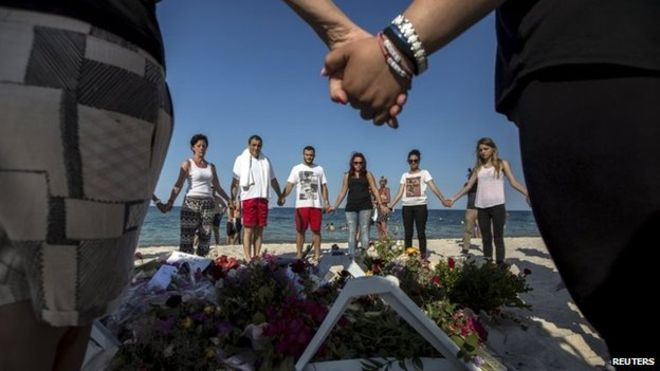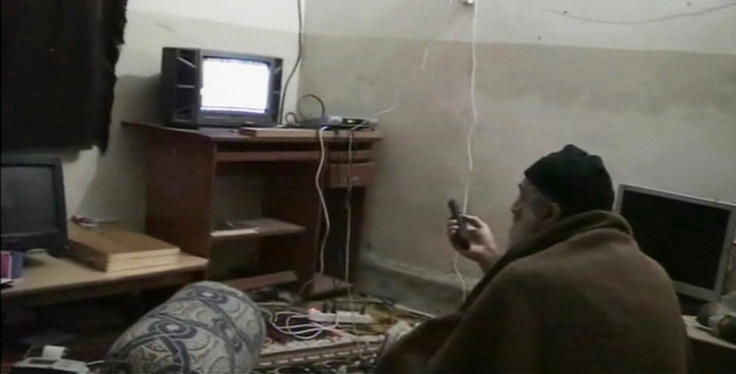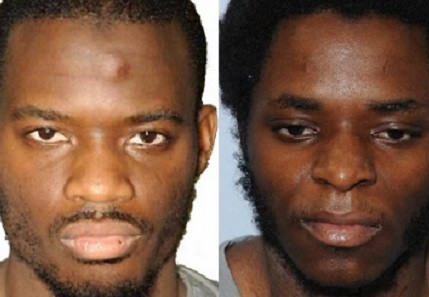7/7 London bombings: Why Al Qaeda failed to stage a repeat of the worst terrorist attack in Britain since Lockerbie

Ten years since the 7/7 attacks in London and the bombings remain the worst on British soil since Lockerbie in 1988. With two terrorist attacks in France in 2015 alone, Britain has been spared a comparable event to the suicide bombing that killed 52 and injured more than 700.
Mohammad Sidique Khan, 30, Shehzad Tanweer, 22, Hasib Hussain, 18, were born in Britain to British Pakistani parents and Jermaine Lindsay, 19, a Muslim convert, was born in Jamaica, but the attack was masterminded overseas. Al Qaeda, flush with glory over 9/11 and the violent chaos that it helped orchestrate in post-war Iraq, had brought its brutal campaign to Britain.
How much things can change in ten years. With Osama Bin Laden dead, and the organisation he founded has been forced into the tribal territories of northern Pakistan, eclipsed across Asia by the upstart Islamic State (Isis). Pestered by US drone strikes in Yemen, its last remaining stronghold, Al Qaeda has lost three of its four most prominent Yemeni leaders this year alone.
Nobody goes online to buy a handbag and ends up becoming a radical jihadi.
But the crackdown began far earlier than that, with a campaign largely orchestrated by the CIA that saw Al Qaeda effectively unable to mastermind attacks by 2006 and 2007. While the violence in Iraq and Afghanistan raged – as it does today – the Americans were picking off leaders of Al Qaeda and making it all but impossible to plan attacks by 2008 and 2009.
"America targeted very effectively operational commanders of Al Qaeda. They found it more and more difficult to operate and as a result around 2006 and 2007 we saw Al Qaeda increasingly reaching out to affiliates, in an effort to gain publicity through their attacks," said Afzal Ashraf, a counterterrorism expert at RUSI in London.
"When these affiliates also failed to deliver a spectacular attack on Western soil then Al Qaeda leaders encouraged solo or lone terrorists to attack their home countries."

Indeed, by 2007 and 2008, the situation for Al Qaeda had got so bad that even acting through its proxies was difficult. "While some solo terrorists were successful, most were not. None achieved the aim of changing Western foreign policy towards the Muslim states in the Middle East. Hence, Al Qaeda-inspired terrorism failed to achieve its aims."
In 2011, US marines found and killed Osama Bin Laden at a compound in Pakistan, and in 2015 US drones picked off Al Qaeda second in command Nasir al-Wuhayshi and US convert Adam Gadahn, the group's number three and communications chief.
Al Qaeda's fading star has come alongside the rise of the Islamic State (Isis), once the Iraqi arm of Osama Bin Laden and Ayman al-Zawahiri's terrorist group that now controls swathes of the Middle East in Syria and Iraq, as well as in Libya and the Sinai. Frequently described as a group so extreme that they have been disowned by Al Qaeda, IS has nonetheless continued its brutal path, linked to atrocities across the world since its establishment in 2014.
Unlike Al Qaeda, which had a top-down approach to organising terrorist attacks, IS has proved to be far more bottom up, quick to allow allegiance from disparate terrorist groups from Nigeria to Sinai, Gaza and Saudi Arabia. IS quickly claims credit for murders carried out by individuals or groups acting in its name throughout the world.

It is no coincidence that with the decline of Al Qaeda and the rise of IS in its stead has come a reduction in the major terrorist attacks that it made its name orchestrating in New York, London and Madrid and an increase instead in so-called 'lone wolf' incidents. These include the Charlie Hebdo attacks in Paris, and Tunisia, where a single gunman murdered 30 Britons as they sunbathed at a tourist resort.
In Britain, the violent murder of Lee Rigby in Woolwich by Islamist fanatics in 2013 and the murder of Mohammed Saleem on his way back from prayers in Birmingham also illustrate the lone wolf terrorist threat. Individuals inspired by the ideology of Islamism acting with little supervision became a terrorist hallmark since the late 2000s and, with hundreds of Britons currently fighting for IS and one day to return, could be its future.
While Britain has mercifully been spared an attack on the scale of 7/7 over the past decade, the figures alone suggest that the security services and the police have played a significant role in that. In 2013, MPs were told that the police and security services had prevented as many as 34 terrorist incidents since the 7/7 attacks, including at least one or two per year that would have resulted in mass casualties.
We have had a glimpse into some of these attacks during that time. British convert Andrew Ibrahim was arrested in 2009 just hours before he planned to attack a Bristol shopping centre with a home-made suicide vest while, in the US, so-called 'underwear bomber' Umar Farouk Abdulmutallab was prevented from detonating explosives on an airliner the same year.
"I think it is a combination of good work by the agencies and luck that we haven't seen an (equivalent) attack (since)," said Haras Rafiq, managing director at the Quilliam Foundation in London.
But while the police has undeniably had success in preventing attacks on British soil, Rafiq is critical that while the authorities have largely focused on the sharp end of extremism in Britain – i.e. stopping attacks from being carried out – they have neglected the soft end, combatting the ideas and the environment in which people are radicalised.
"Nobody goes online to buy a handbag and ends up becoming a radical jihadi," said Rafiq.
While the security services and Britain as a whole has been successful in preventing large scale terrorist attacks on British soil in the decade since 7/7, the country will need to tackle the causes of extremism as well as its bloody results. Undeniably, that will be long and complicated fight.
Read more: 7/7 London Bombings 10 Years On commemorative magazine
© Copyright IBTimes 2025. All rights reserved.






















